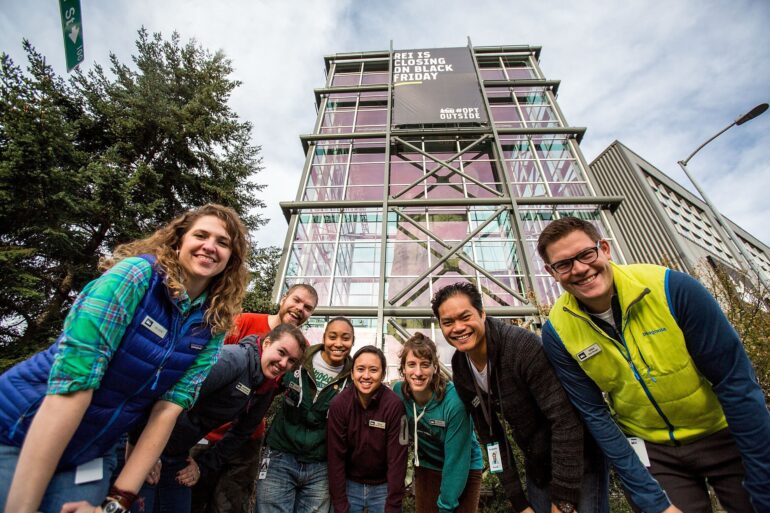From biking and hiking to camping and kayaking, there are myriad ways to enjoy the outdoors in the summertime. We’ve rounded up a list of 10 companies that not only help us get outside but that also give back to the environment or their community in a positive way. Whether it’s by lighting up the dark with solar lanterns, helping you track and share fitness adventures, or by fueling your workouts with wholesome ingredients, these companies show it’s possible to do well by doing good.
Hipcamp
Founder: Alyssa Ravasio
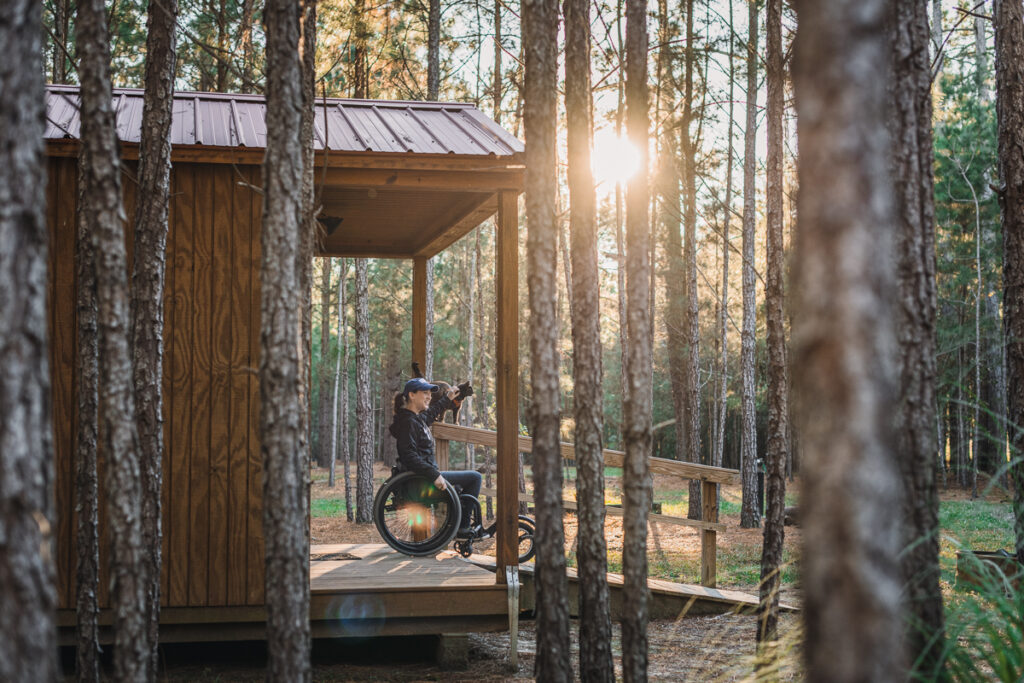
Hipcamp, an app and website that’s a little like Airbnb but for sleeping under the stars, has been helping people connect with nature since 2013. “We’re on a mission to get more people outside, and we believe getting outside should be simple,” says CEO and founder Alyssa Ravasio. Hipcamp aims to connect people with the land — and with each other. You can search their site to find and book unique destinations and experiences around the globe (think tent camping on a blueberry farm in Canada or glamping in a yurt in the Texas Hill Country).
Since it was launched in 2013, Hipcamp has worked with private landowners to unlock and preserve more than 4 million acres of previously inaccessible lands for camping and provided landowners with the additional revenue needed to conserve their wild spaces for years to come. “When people get outside, they often fall in love with nature,” Ravasio says, “and because we protect what love, we believe our community of Hipcampers will be more engaged in caring for the land in the future.”
National Geographic Expeditions
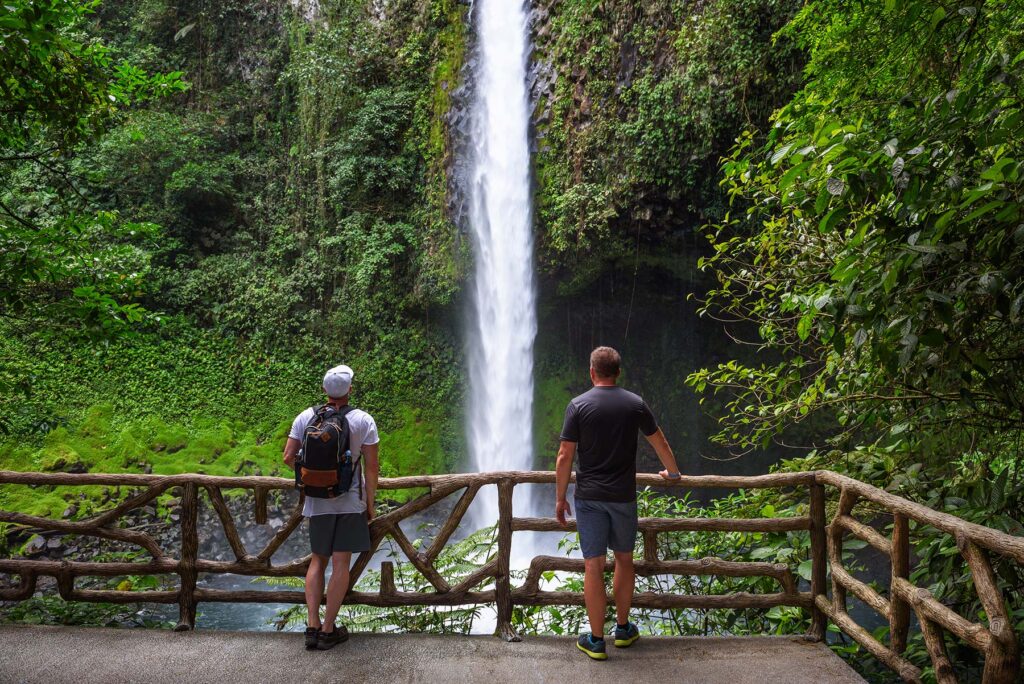
Inspired by the explorations of the scientists, storytellers and adventurers who have explored the world for National Geographic for more than 130 years, National Geographic Expeditions give you the chance to encounter wonders of the world up close while learning from the experts. Explore ancient temples and natural wonders on a Signature Land Trip to Vietnam, Laos and Cambodia, sail the ancient shores of Sicily and Malta on an Expedition Cruise from Italy; or participate in whale conservation in Alaska. When you travel with National Geographic, you get access to special places and a behind-the-scenes, close-up view of the work National Geographic scientists and experts are doing.
Simply by taking a trip with National Geographic, you give back — every year, the National Geographic Society is funded in part by paid expeditions and awards more than 575 grants to scientists, educators, innovators, and storytellers around the world who work to understand and protect the planet.
MXXY
Co-founders: Ashton Finegold, Jack Elders, Drew Dawson and Nicolas Belgum
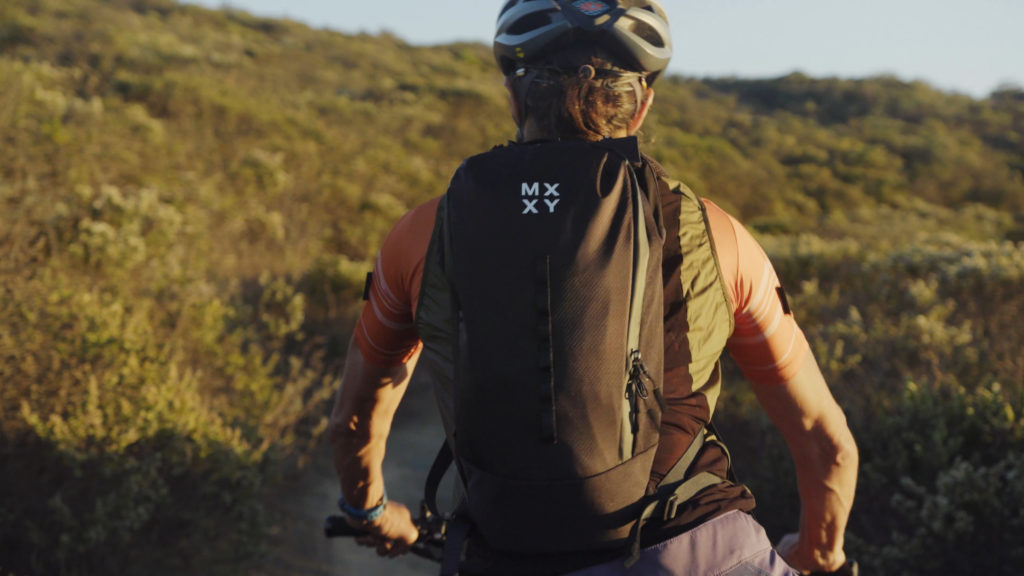
Beautiful experiences in the great outdoors are at the heart of the MXXY, which was started by four friends from Larkspur, CA, when they were just in high school. When other hydration packs on the market failed to meet their expectations, they took a pen and paper and sketched out the prototype for a new technology that lets you blend electrolytes and water while you are on the go.
The MXXY team wanted to create a product that would last and help reduce the number of plastic bottles that end up on trails. “It’s our job to ensure that we don’t degrade the same environment that inspired us to build our company in the first place,” says Chief Marketing Officer Jack Elders.
The MXXY Hydration Pack has two reservoirs that snap together: one is engineered for electrolytes or supplements and the other primary reservoir is designed as the water base. A Hydration Dial with five dilution settings lets you adjust the water and nutrition. “We believe that the most effective way to encourage our customers to get outside is to build incredible products that let them feel and perform their very best,” says Elders.
Oru Kayak
Co-founders: Anton Willis and Ardy Sobhani
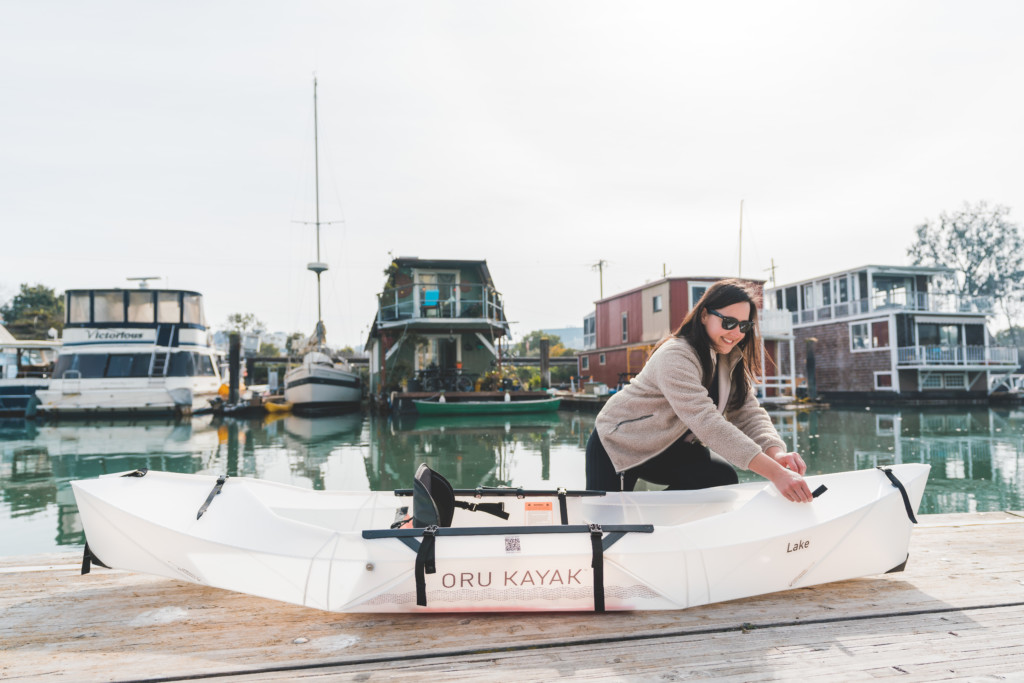
Oru Kayak is on a mission to make it easier for people to connect with the water. The company makes incredibly innovative, origami-inspired, portable kayaks that are available in five different models. All are foldable and easy to store, so you can transport them in the trunk of your car and they won’t take over your garage. They are also lighter and easier to carry than traditional plastic kayaks — the smallest option clocks in at just 20 lbs.
Oru Kayaks are also better for the environment, says Chief Development Officer and Co-founder Anton Willis. They require about 70 percent less petroleum to produce than standard molded plastic kayaks. Oru Kayak’s manufacturing facility in California uses zero carbon electricity from geothermal sources and the Oru Kayak team often chips in at San Francisco Bay cleanups. “As a company, we are passionate about the outdoors,” Willis says, “and we’re always looking for excuses to get out on the water.”
LuminAID
Inventors and Co-founders: Anna Stork and Andrea Sreshta
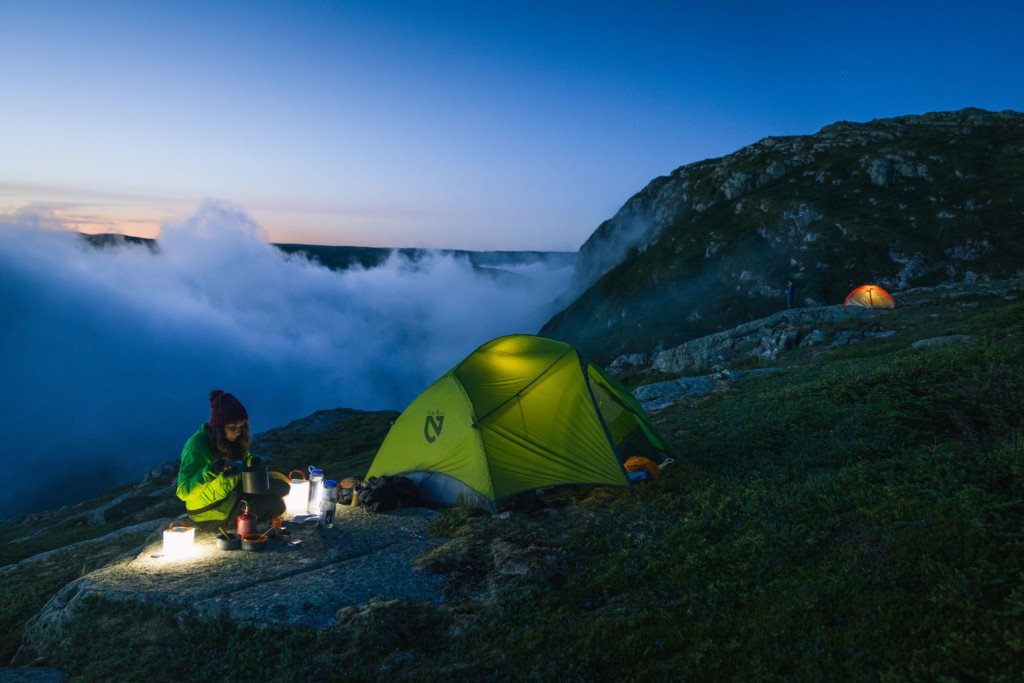
LuminAID is a company that makes lanterns that light up the night using power from the sun. Inventors Anna Stork and Andrea Sreshta designed an inflatable solar lantern that can be packed flat and cost-effectively distributed to people after disasters. Portable solar lighting technology has been around for a few decades, but LuminAID’s innovative design concept made this basic technology more accessible for everyone.
Their flagship product, a simple, rechargeable lantern, is lightweight, easy to use, and serves as a safer alternative to hazardous candles or toxic kerosene. “Working with humanitarian partners, we have been able to reach hundreds of thousands of individuals across the world and supply them with safe, sustainable solar light,” says Sreshta.
LuminAID lanterns are also useful for camping or just hanging out in the backyard. The team is constantly iterating on products and working to make them as powerful and sustainable as possible — they are free of toxic chemicals, are recyclable and are built to last. “Most of the lanterns we sell are still going strong after five years,” says Sreshta.
Parks Project
Founders: Keith Eshelman and Sevag Kazanci
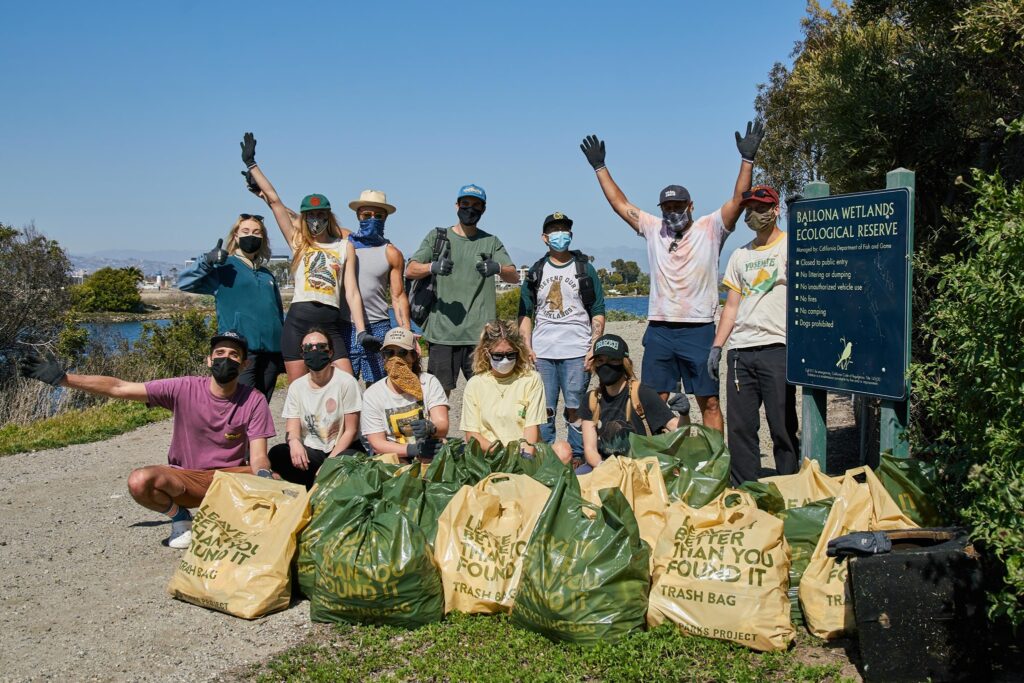
Parks Project was founded in 2014 to help preserve America’s National Parks and to transform park enthusiasts into park champions. Parks Project sells a variety of park-themed, vintage-inspired tees on its website, as well as retro home goods like blankets, candles and coffee, camp chairs and hammocks, too.
A portion of every sale goes directly toward a specific conservation project or initiative. To date, the company has donated more than $2.3 million dollars to national parks across the country. Parks Project also provides many opportunities for people to get outside and participate in volunteer projects that help improve the parks. A long list of ongoing projects and partners can be found on the Parks Project website.
RXBar
Co-founders: Peter Rahal and Jared Smith
Chicago-based RXBar is known for its protein-packed, workout-fueling snack bars made with a few, minimally processed ingredients like nuts, egg whites and dates. The brand recently debuted its first ever plant-based protein bar, made with a blend of pea and almond-protein in place of its signature egg whites.
Founders Peter Rahal and Jared Smith first developed RXBars in 2013 when they couldn’t find a healthy protein bar made with simple ingredients to help them power through their tough CrossFit workouts. They decided to make it themselves, and RXBar has been a mission-driven company ever since. The company recently partnered with the Chicago-based non-profit Action for Healthy Kids to support their initiatives to optimize wellness for underserved youth through nutrition access and education, physical activity, social emotional learning and more.
REI Co-Op
Founders: Mary and Lloyd Anderson
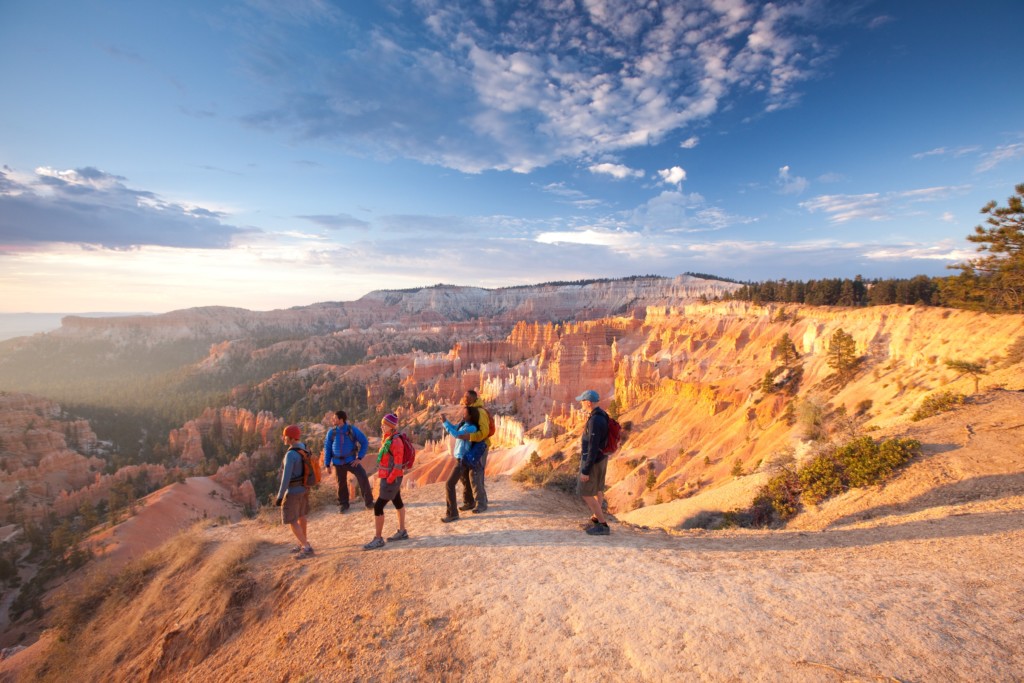
REI has been helping people get outside since 1938, when a group of 23 climbing friends founded what is today the largest consumer co-op in the country. REI offers not only top-quality gear and apparel but also expert advice, classes, events and rental equipment.
You can even put your REI gear to the test on the trip of a lifetime through REI’s guided travel adventure company. Choose from more than 100 itineraries that will take you backpacking, kayaking or hiking and camping in some of America’s most beautiful wild places.
A company with a conscience, REI is serious about sustainability. The nationwide retailer invests millions annually in hundreds of local and national nonprofits that create access to—and steward—inspiring outdoor places. REI is committed to mitigating its environmental impact through reduced greenhouse emissions, responsibly sourcing, waste reduction and many other sustainable business practices. For more information, REI’s 2021 Impact Report offers a comprehensive look at how the business is fully engaged in the fight to protect the environment.
Strava
Founders: Mark Gainey and Michael Horvath
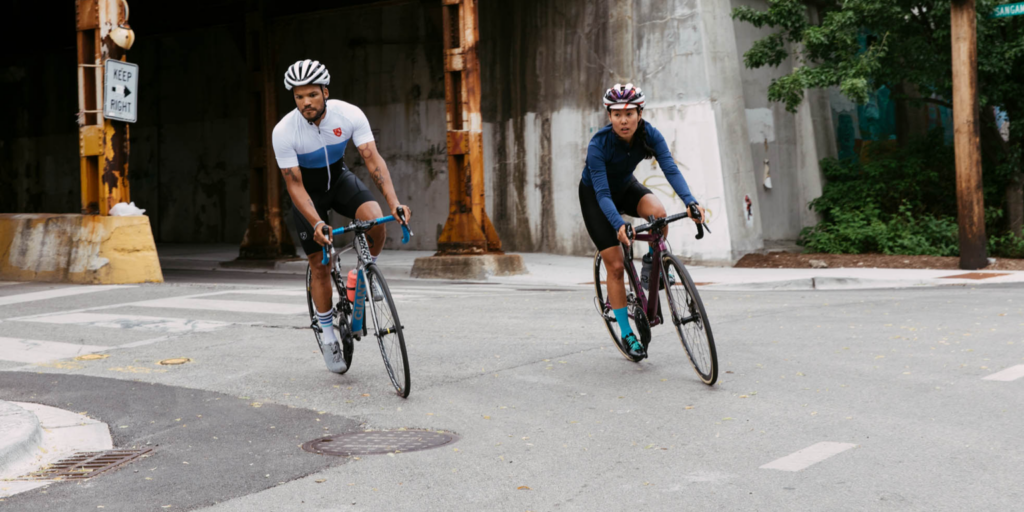
Strava, a social fitness app that tracks your workouts, is opening a whole new world of connection for exercise enthusiasts, helping them stay active and inspired. The app was founded in 2009 and has more than 70 million users. You can use it to track key stats, such as the number of miles you run, laps you swim or the elevation you climb on your bike, and then share that info (and photos, too!) with others on your Strava feed. You can track a whole range of sports on Strava, and there are myriad cool features available with a subscription.
As for giving back, Strava is working to make urban areas safer for cyclists and pedestrians with Strava Metro, which the company provides free to urban planners and city governments. Using aggregated data from the app, cities can better understand mobility patterns, identify opportunities for investment and modernize to become better environments for cyclists and pedestrians.
Cotopaxi
Founder: Davis Smith
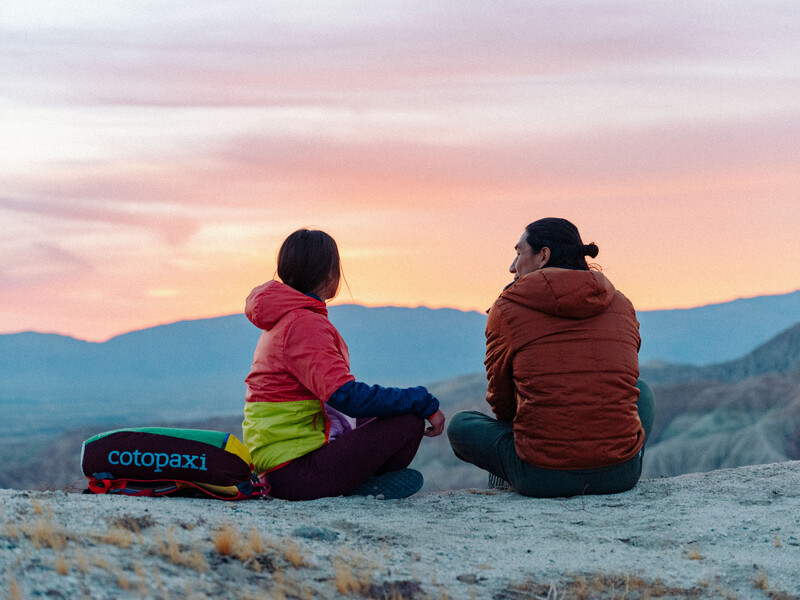
When founder and CEO Davis Smith launched adventure gear and apparel clothing company Cotopaxi in 2013, he knew exactly what the tagline would be: Gear for Good. From its headquarters in Salt Lake City, the carbon-neutral company works hard to reduce the footprint of its products and operations. “This year, we eliminated all single-use plastic packaging, switched to renewable energy suppliers for our retail and warehouse locations, and helped a supplier launch a solar project,” says Annie Agle, Senior Director of Impact & Sustainability.
The company also goes the extra mile to source eco-friendly alternative fabrics for their products. The vibrant travel bags in the new Del Dia line, for example, are made with fabric scraps from companies in the Philippines –– scraps that would otherwise be thrown away. In all, Cotopaxi has saved more than 1.2 million yards of fabric from becoming waste.
Cotopaxi also dedicates a percentage of its revenues each year to nonprofits working to improve poverty and the human condition worldwide. The belief that products that get us outside can make a positive impact on other people’s lives drives the business. “We believe that all individuals benefit from being outside more,” says Agle. “It promotes health, wellness, and sustainable living.”
More from Better:
- Diana Kapp and ‘Girls Who Green the World: 34 Rebel Women Out to Save the Planet’
- Chicago’s Most Powerful Women 2022
- Connecting With a Group Can Take You From Surviving to Thriving — But You Need to Do These 4 Things First

Carrie Ruehlman is a former magazine editor and communications professional turned freelance writer and editor. In her spare time, she enjoys spending time with her two daughters and husband, Michael. She also serves on the board of The Tiny Miracles Foundation.
